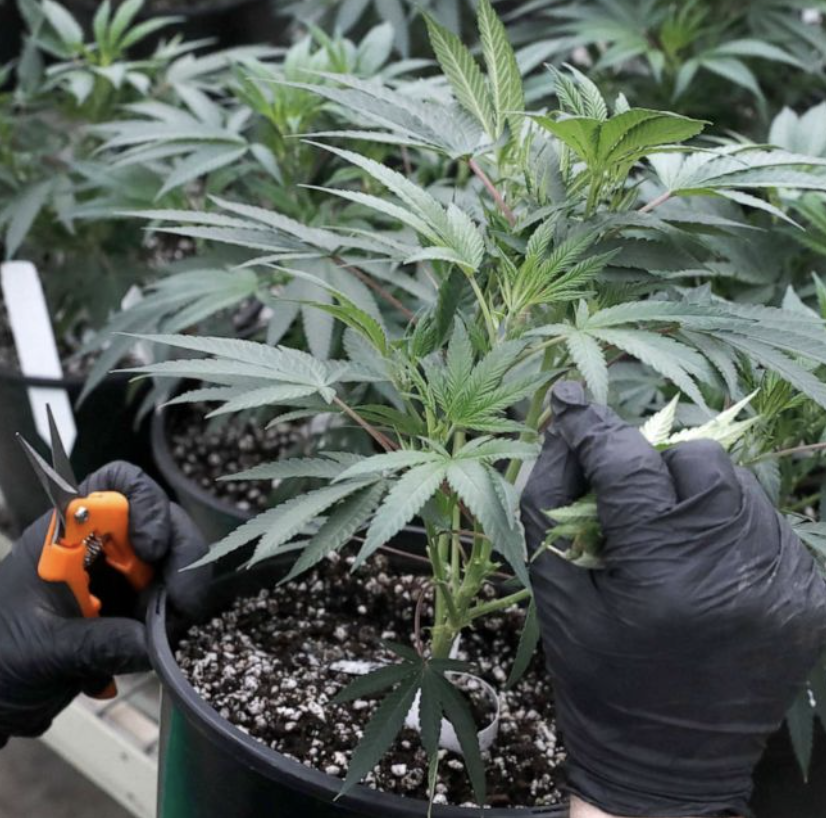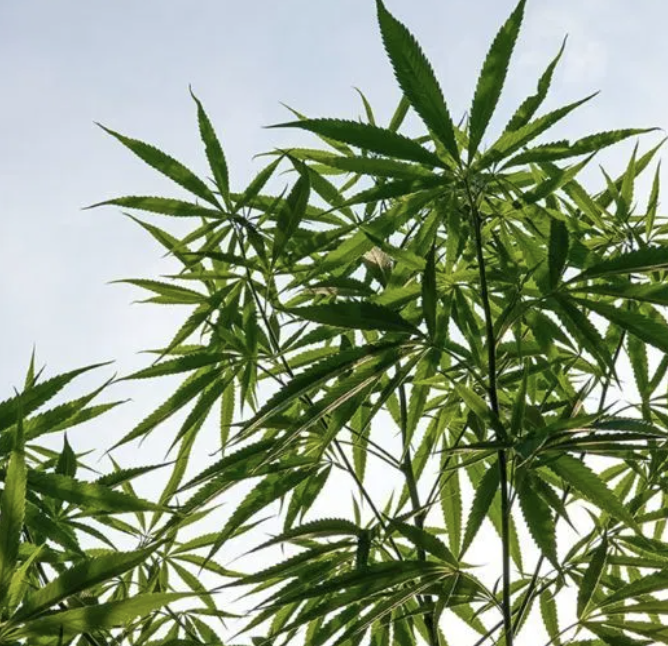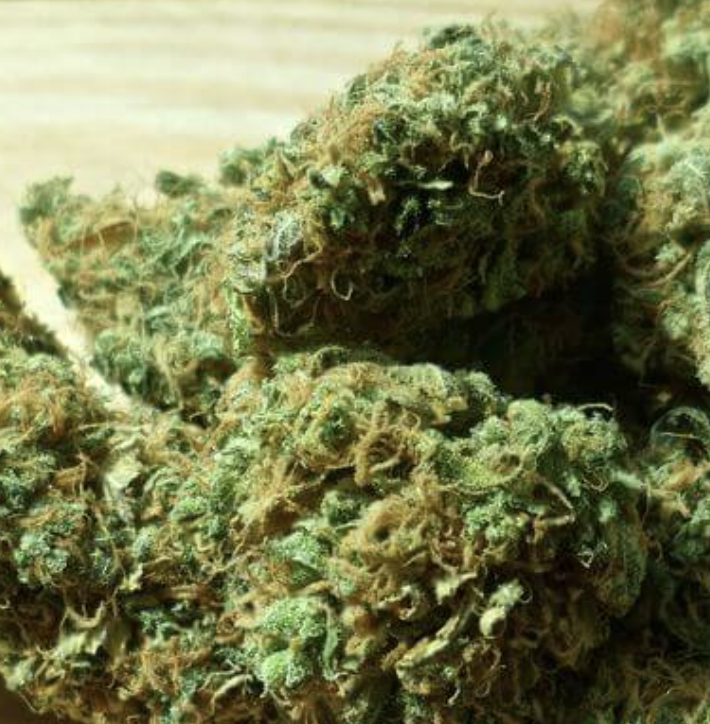"My friend told me that medical marijuana with THCV can help me control my appetite. Does it help me lose weight too?"
Nancy T.

Tetrahydrocannabivarin, or THCV, is known as the “sports car of cannabinoids,” “skinny pot” or “diet weed” for its ability to suppress appetite and boost energy.
It is a cannabinoid like CBD and THC and is psychoactive, having much of the same chemical structure as THC.
How does it suppress appetite and help you lose weight? The body has an endocannabinoid system (ECS), which works to regulate appetite, mood, sleep and physical health. Different cannabinoids interact with the ECS in different ways. The ECS has two principal kinds of receptors — CB1 and CB2. THC activates the CB1 receptor, which releases hormones that promote hunger. THCV does the opposite, blocking the CB1 receptor and suppressing hunger.
THCV has become a popular choice among people looking to lose weight or avoid gaining weight when they get the munchies and eat too much when they medicate with marijuana.
It’s rare to find THCV in its pure form (though that will change as THCV products come to market). There is some evidence to suggest that THCV in a medical marijuana strain may work to counteract some of the negative effects of THC, such as increased psychotic symptoms, paranoia, delayed verbal recall, elevated heart rate or impaired short-term memory.
And keep in mind that not everyone who uses medical marijuana wants to lose weight. Some people use cannabis to help with a loss of appetite with conditions such as cancer, anorexia or digestive problems. So a THC-heavy strain would be better for them.
Or if someone wants health benefits without a high, then they might want to investigate CBD products rather than THCV. Also, never discount that what you eat and how much you exercise will also play a part in your ability to shed those pounds!
Sam K.

THCV is usually found in pure landrace Sativa strains from Afghanistan, Africa, China, India, Nepal, Thailand and Pakistan.
Like CBD or THC, THCV can be extracted from cannabis plants and used in a wide variety of different products and applications. It may work as an anticonvulsant and neuroprotectant and have other health benefits.
THCV has the ability to:
- Regulate blood sugar and promote glycemic control in type 2 diabetics, according to a 2016 study
- Fight against seizures, tremors and other motor control issues when used in conjunction with other cannabinoids
With how THCV interacts with the ECS, it may also reduce bone loss in people suffering from osteoporosis, help diabetics control their blood-sugar levels, and may protect brain cells and reduce inflammation in people with Parkinson’s disease.
While the research done on the benefits of THCV has been promising, more definitive work must be done to prove its efficacy conclusively. Diet and exercise should be the first go-to when thinking about weight loss, but medical marijuana, with either CBD or THCV, seems promising!
Carolyn J.

THCV is, for the most part, found in medical marijuana/Sativa strains. Durban Poison is one of the best known of the THCV strains, but it contains relatively low quantities of cannabinoid compared to harder-to-find strains such as Pineapple Purps and Doug’s Varin.
Doug’s Varin, for example, has an unprecedented 6:7 THC to THCV ratio. According to tests from Steep Hill Labs in Berkeley, CA, Doug’s Varin’s THC content can range from 19 to 21% and its THCV, 15 to 24% THCV.
Another way to find a good THCV strain is to ask the cannabis consultant at your local dispensary for lab test results to find the one that has the highest THCV content.
Grand Alf





